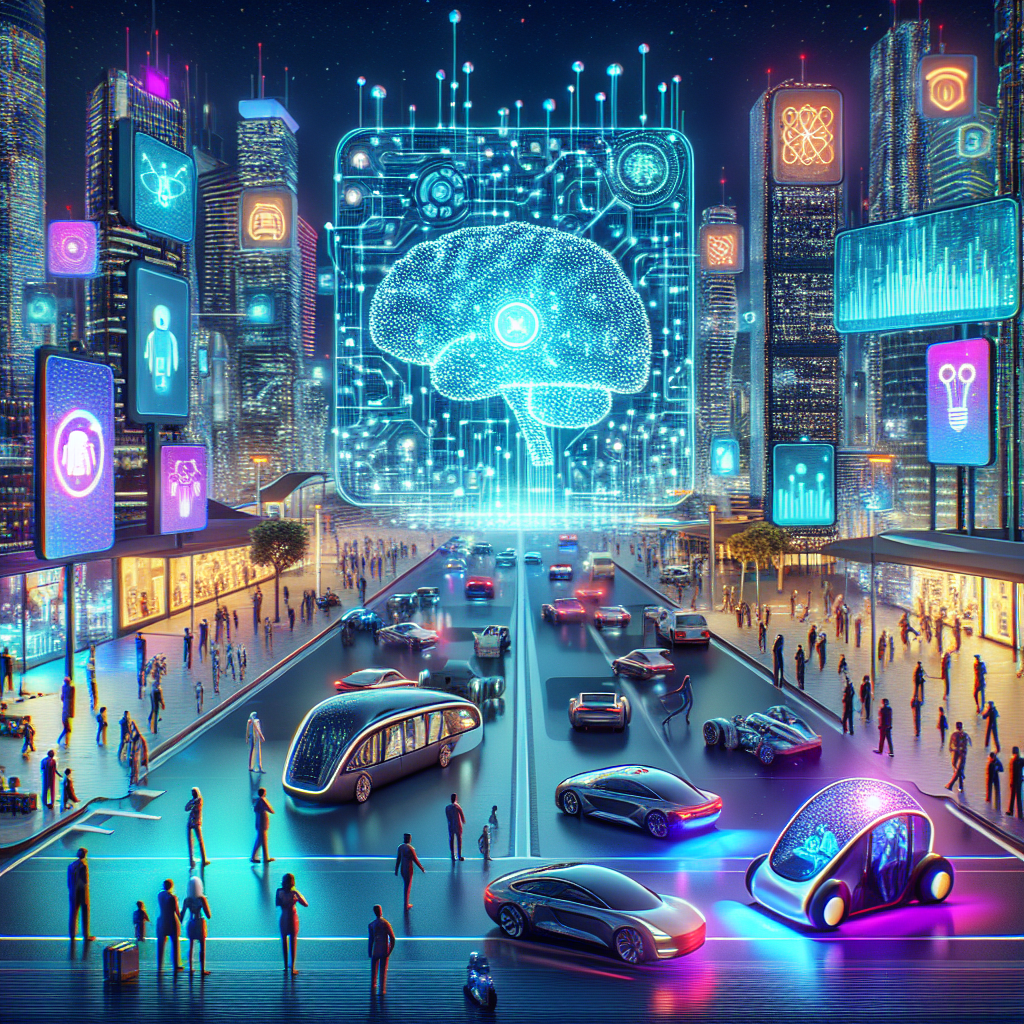Preparing for the Age of AGI: What Individuals and Governments Need to Know
Artificial General Intelligence (AGI) is a term used to describe a form of artificial intelligence that has the ability to understand, learn, and apply knowledge across a wide range of tasks. While current AI systems are designed for specific tasks, AGI has the potential to perform any intellectual task that a human can. This level of intelligence could have profound implications for society, both positive and negative.
As the development of AGI continues to progress, individuals and governments must start preparing for the age of AGI. In this article, we will discuss what individuals and governments need to know about AGI, and what steps can be taken to ensure a smooth transition into this new era.
Understanding AGI
AGI has the potential to revolutionize many aspects of society, from healthcare and transportation to education and entertainment. With the ability to think and reason like humans, AGI could lead to breakthroughs in scientific research, improved decision-making processes, and enhanced productivity.
However, the development of AGI also raises ethical and societal concerns. The potential for AGI to outperform humans in many tasks could lead to widespread unemployment and economic disruption. Additionally, there are fears that AGI could be used for malicious purposes, such as autonomous weapons or surveillance systems.
It is important for individuals and governments to understand the capabilities and limitations of AGI, as well as the potential risks and benefits associated with its development. By being informed and proactive, we can work towards harnessing the power of AGI for the greater good while mitigating potential risks.
Preparing for the Age of AGI
Individuals
As individuals, there are several steps that can be taken to prepare for the age of AGI:
1. Stay Informed: Keep up to date with the latest developments in AI and AGI research. Understanding the progress being made in this field will help you anticipate potential changes and opportunities in the future.
2. Upskill: As AI technology continues to advance, certain skills may become obsolete while others become more valuable. Consider investing in education and training programs that will prepare you for the jobs of the future.
3. Embrace Lifelong Learning: AGI has the potential to revolutionize education and training methods. Take advantage of online courses and learning platforms to continuously upgrade your skills and knowledge.
4. Adaptability: The age of AGI will bring rapid changes to the workforce and economy. Be prepared to adapt to new technologies and job opportunities as they emerge.
Governments
Governments play a crucial role in preparing for the age of AGI. Here are some steps that governments can take to ensure a smooth transition into this new era:
1. Regulation: Establish clear regulations and guidelines for the development and deployment of AGI. This includes ensuring the ethical use of AGI, protecting privacy rights, and preventing the misuse of AI technology.
2. Investment in Research: Governments should invest in AI research and development to stay competitive in the global market. Funding for AI research can lead to breakthroughs in AGI technology and create new opportunities for economic growth.
3. Workforce Development: Governments should prioritize workforce development programs to help individuals transition into new jobs and industries. This includes providing education and training opportunities for workers who may be displaced by AI technology.
4. International Collaboration: AGI is a global phenomenon that will impact countries around the world. Governments should work together to establish international standards and norms for the development and deployment of AGI.
Frequently Asked Questions
Q: What is the difference between AGI and narrow AI?
A: Narrow AI refers to AI systems that are designed for specific tasks, such as image recognition or natural language processing. AGI, on the other hand, is a form of AI that has the ability to perform any intellectual task that a human can.
Q: When will AGI be developed?
A: The timeline for the development of AGI is uncertain. Some experts predict that AGI could be achieved within the next few decades, while others believe it may take longer. The pace of AGI development will depend on a variety of factors, including technological advancements, research funding, and ethical considerations.
Q: What are the ethical concerns surrounding AGI?
A: Ethical concerns surrounding AGI include issues related to privacy, security, bias, and accountability. There are fears that AGI could be used for malicious purposes, such as surveillance or autonomous weapons. It is important for researchers, developers, and policymakers to address these ethical concerns and ensure the responsible development and deployment of AGI.
In conclusion, the age of AGI has the potential to transform society in profound ways. While there are many opportunities and benefits associated with AGI, there are also risks and challenges that must be addressed. By staying informed, upskilling, and working together, individuals and governments can prepare for the age of AGI and ensure a smooth transition into this new era.

